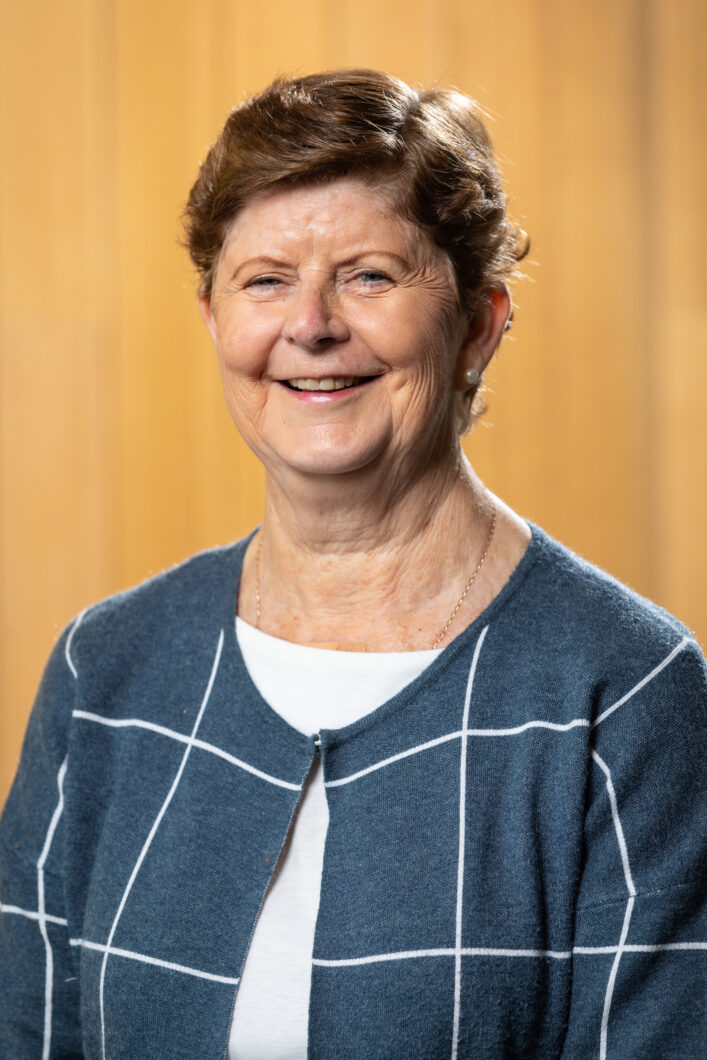INDUSTRY PROGRESS
In April 2021, the Victorian Law Reform Commission (VLRC) interviewed AUSIT’s Immediate Past President Erika Gonzalez Garcia and Auslan interpreter Meredith Bartlett for their Inclusive Juries review. We asked Meredith to tell us a little about the resulting report, which was released in mid-May.

Taking part … is one of the highlights of my membership of AUSIT
This report is a major breakthrough, as it recommends ‘changes to the law and practice to enable people who are deaf, hard of hearing, blind or have low vision to serve on juries’.
The report found that although Victorian laws are ‘generally up to date and reflect the outlook of the community’, they effectively exclude ‘those who are deaf, hard of hearing, blind or have low vision’ from jury service and are therefore ‘out of step with local community expectations [and] inconsistent with international standards’.
It states that ‘the law in Victoria lags behind many countries in which inclusive juries have been a reality for many years’, and that ‘enabling people who are deaf, hard of hearing, blind or have low vision to serve on juries is well overdue.’
Key recommendations:
1) ‘changes to the Juries Act and jury processes to ensure that people get the reasonable adjustments they need to be able to serve – such as Auslan interpreters, speech-to-text translations or screen readers’ and
2) limiting the ‘13th person rule’ (which prevents anyone who isn’t a juror from entering the jury room) ‘so that interpreters and support persons can go in[to] the jury room if they take an oath to maintain confidentiality, not participate personally in deliberations, and interpret truthfully.’
The VLRC’s Chair, the Hon. Tony North KC, points out that jury duty is ‘an important civic duty, and people who are deaf, hard of hearing, blind or have low vision should be able to participate like everyone else. This reform will make juries more representative.’
As an Auslan interpreter I thoroughly enjoyed working with spoken language interpreters and translators to achieve some of the changes over time. I can only hope that the slow and steady campaign will continue to achieve change.
The provision of support people with appropriate training to attend the jury room is just common sense and should not be used as an excuse to pose another barrier to people who face barriers every single day of their lives.
In Australia we believe in the jury system of justice, where 12 ordinary people represent the community and make decisions on the guilt or otherwise of an alleged offender. It is a breach of human rights to exclude anyone from this process only because they have a vision or hearing impairment, or require another person to provide a visual interpretation or an auditory description.
Taking part in this review is one of the highlights of my membership of AUSIT, along with chairing the Victorian Branch for a few years.
Dr Meredith Bartlett is a practising Auslan interpreter, interpreter educator, and researcher in tactile Auslan at Monash University. She has taught Auslan/English interpreters at RMIT for over 25 years, and has published in the field of linguistics of tactile Auslan as used by deafblind signers in Australia.


